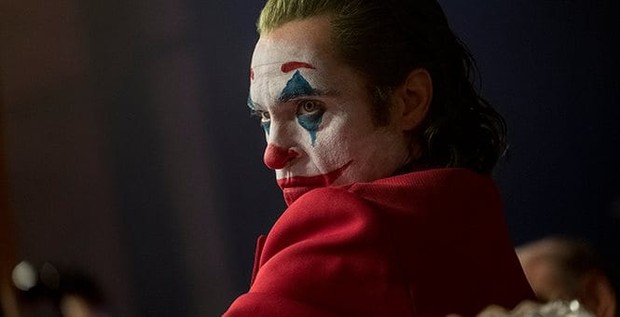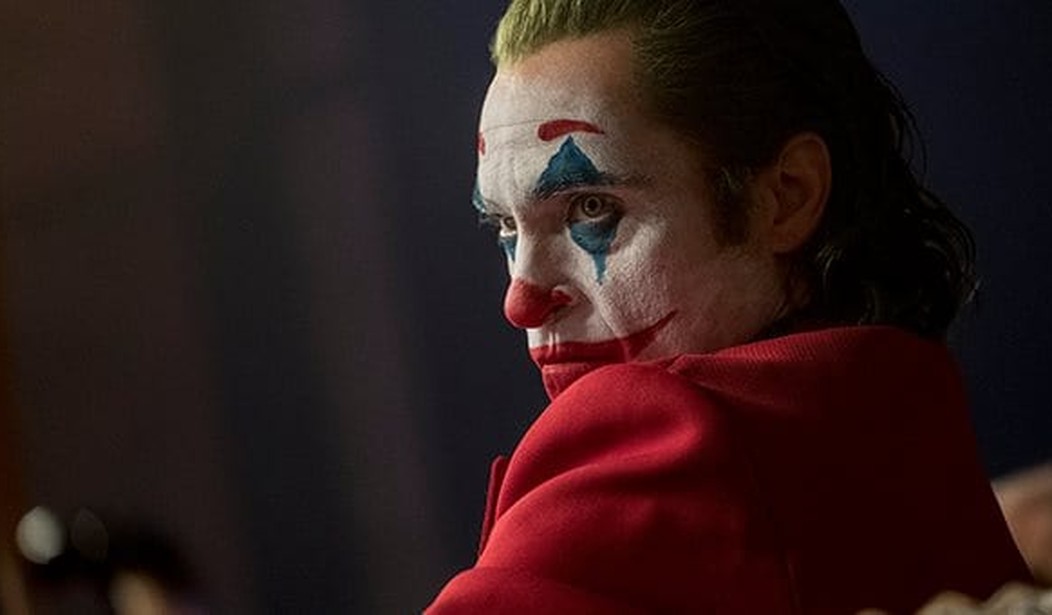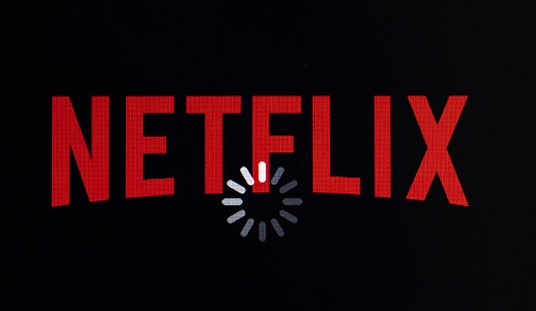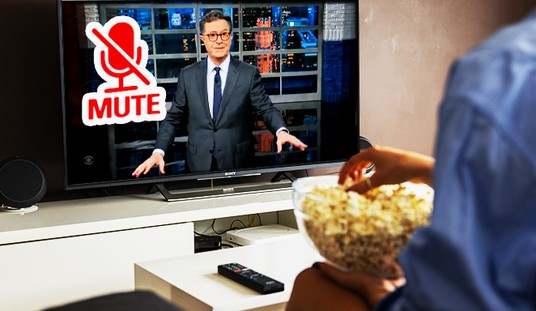
Joaquin Phoenix won a very well deserved Oscar on Sunday for his role as Arthur Fleck in the movie “Joker,” which had him act out the origin story of the greatest villain that the masked vigilante Batman has ever faced.
Phoenix took the stage and began to give his speech which immediately went into the socio-political talk. You may, as I did, begin rolling your eyes as Phoenix fired off one buzzword after another, and he even began speaking about our abusive relationship with nature as he awkwardly talked about the way we treat cows.
But then he did something fascinating and took a complete right turn when everyone thought he was going left. In fact, I’m not sure how many people actually caught that he even did it.
In fact, his speech almost sounded like a promotion of the Green New Deal.
“We fear the idea of personal change because we think we have to sacrifice something to give something up, but human beings at our best are so inventive and creative, and ingenious, and I think that when we use love and compassion as our guiding principles, we can create, develop, and implement systems of change that are beneficial to all sentient beings and to the environment,” said Phoenix.
Here’s where the twist comes.
“I’ve been a scoundrel in my life. I’ve been selfish. I’ve been cruel at times. Hard to work with,” he continued. “I am grateful that so many of you in this room have given me a second chance, and I think that’s when we’re at our best. When we support each other. Not when we cancel each other out for past mistakes, but when we help each other to grow. When we educated each other. When we guide each other toward redemption. That is the best of humanity.”
It’d be fairer to say that Pheonix’s speech is aimed at all of humanity, but without saying the words “cancel culture,” Phoenix completely addressed the way cancel culture works.
It’s important to remember that even before “Joker” was released, the leftist media and critics were attacking the film for various reasons, mostly along socio-political lines. There were articles and tweets written asking if we need a movie that paints a troubled white man as a victim. There were accusations that the movie would cause incels to rise up and do violence among the populace because the movie inspired them to do so.
Refinery29 released an article that summed up the way the social justice left felt about “Joker”:
I think the answer to that question is no. Ultimately, Joker is a story that empathizes with a violent sociopath. Fleck is a clown-by-hire and aspiring comedian living with his mother. The most ironic and tragic cruelty of his life is that he’s got a condition that causes him to laugh maniacally at inappropriate times. He is bullied and beat up — by a group of kids on the street, his coworkers, some rich suits on the subway — and the film uses these encounters to explain his murderous origins. “Joker is the antihero the alienated and angry have been waiting for, and that’s precisely the problem,” wrote Sarah Hagi in a column about the film for the Globe and Mail. “I do yawn at the idea of another story in which white men are offered a sort of understanding for their violence.”
That’s exactly why I couldn’t enjoy the film, even though I concede that it’s really well done. The message that “well, of course he became a mass murderer, society gave him no choice!” is dangerous on its own. But if you consider the larger social context of turning “a supervillain into a kind of folk hero” in a world where Dylann Roof, Elliot Rodger, and Faisal Hussain exist, it’s even more distressing.
These are accusations and commentaries that both Phoenix and director Todd Phillips had to deal with before and after the movie’s release. In fact, Todd Phillips made it a point to smack the social justice PC culture that were spawning these narratives directly.
(READ: “Joker” Director Todd Phillips Smacks Social Justice Warriors and Their PC Culture)
“Go try to be funny nowadays with this woke culture,” said Phillips. “There were articles written about why comedies don’t work anymore—I’ll tell you why, because all the f***ing funny guys are like, ‘F**k this shit, because I don’t want to offend you.’ It’s hard to argue with 30 million people on Twitter. You just can’t do it, right? So you just go, ‘I’m out.’ I’m out, and you know what? With all my comedies—I think that what comedies in general all have in common—is they’re irreverent. So I go, ‘How do I do something irreverent, but f**k comedy? Oh I know, let’s take the comic book movie universe and turn it on its head with this.’ And so that’s really where that came from.”
At one point, Phoenix got up and walked out of an interview with the interviewer tried to talk to him about the film’s dangers.
Phoenix had a direct run-in with cancel culture and still managed to come out on top. That’s not always the story. People have lost jobs, had their reputations ruined, and even committed suicide because of cancel culture. It’s a destructive, dangerous force in our society that needs to die as fast as possible.
Interestingly, Phoenix painted a picture of our own hubris and egotism, then when he had those who would usually nod along with this kind of messaging, Phoenix flipped the script and made them confront cancel culture. Something that Phoenix had to deal with in a massive way just very recently.
I can’t help but think that Phoenix, being subtle, was actually trying to give a PSA to the social justice left.














